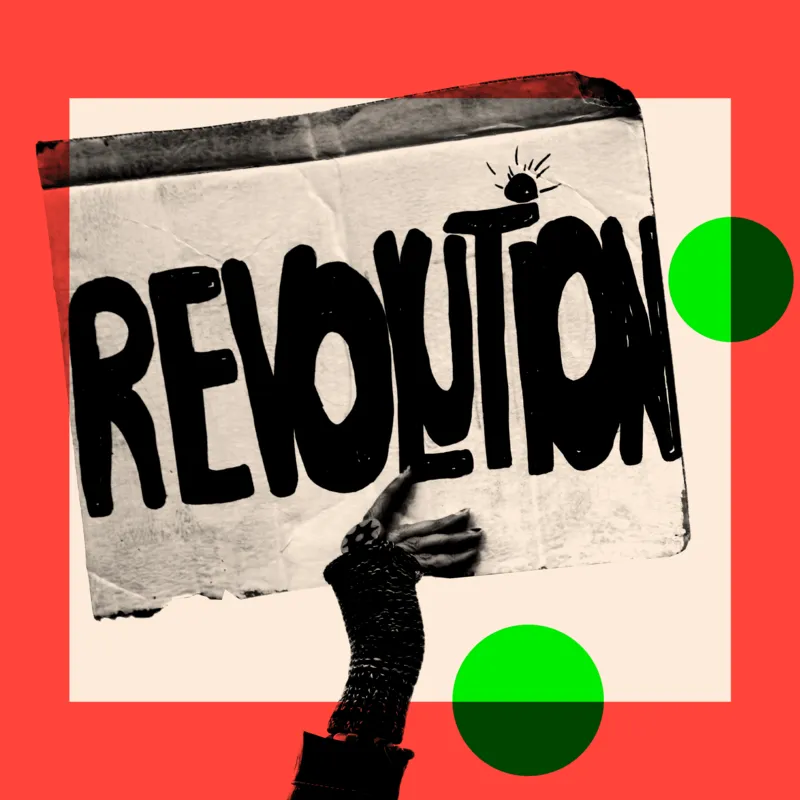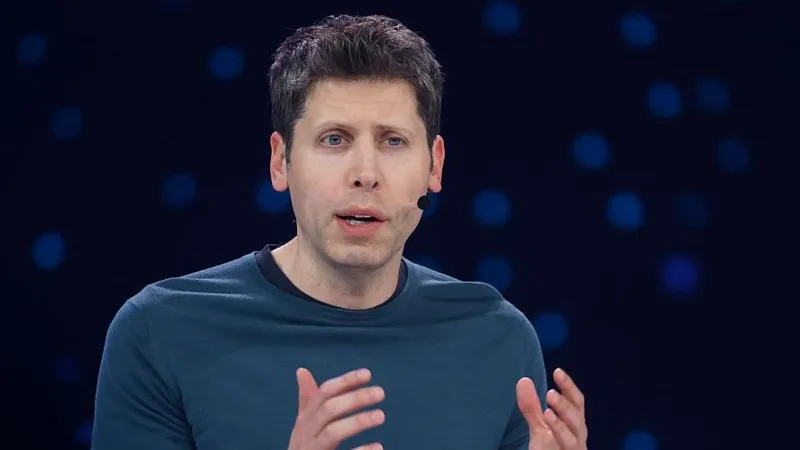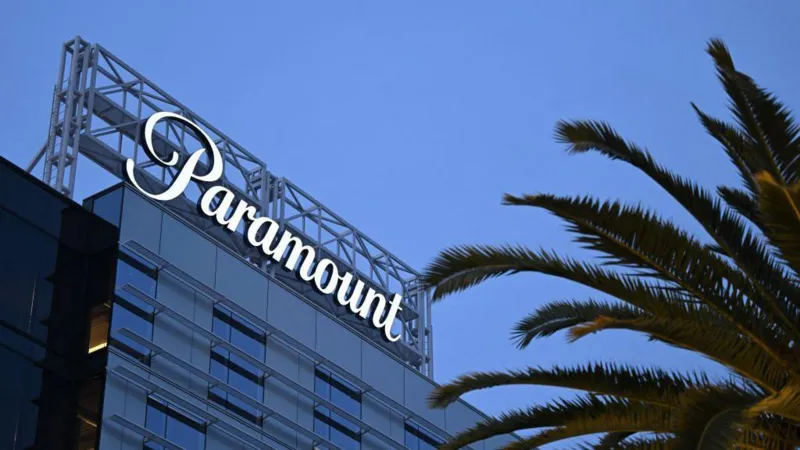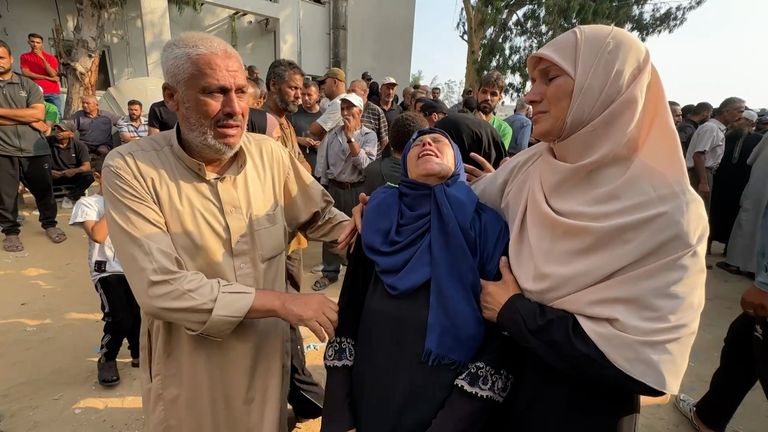After France's election shock comes the real power struggle
The drama and vitriol of France’s sudden summer election is over. Now comes the drama and vitriol of stage two - and what could be a much longer and equally agitated struggle to build a functional coalition out of the inconclusive results of Saturday’s vote.

“A lot of things are unclear. We know who lost but we don’t know who won. Can we learn the art of compromise which is so unusual for us? Nobody knows - the signs are not necessarily good,” Sylvie Kauffmann, a newspaper columnist for Le Monde, told me.
The risks of deadlock – for France itself, for its constitutional order, for European stability, and even for Ukraine’s war against Russian aggression – are serious.
Guillotines at dawn?
But it’s worth remembering that this country is no stranger to coping with political upheavals. Revolutions aside, there was the chaos and revolts that followed World War Two and eventually upended France’s constitutional order, leading to the current system of government, known as the Fifth Republic.
And more recently there were the challenges of “cohabitation”, when presidents and prime ministers from rival parties were obliged to share power.
As politicians now sidle away for their summer holidays, or refocus their attention on the imminent Paris Olympics, it seems more than likely that the political temperature in France will subside by a degree or two, at least briefly.
But the cohabitation battles of the 1980s and 1990s look like gentlemanly squabbles over a wine menu compared with the furious, guillotines-at-dawn brawls that many observers expect to preoccupy France’s National Assembly for weeks, or even months, to come.
Some wonder if the French electorate – by saddling parliament with three minority blocks of almost equal size – has rendered the country “ungovernable,” or whether it is simply faced with the sort of deal-making challenge that so many other European nations wrestle with almost as a matter of course.
Who will be the next prime minister?
Having emerged, to almost universal surprise, with the most seats at this parliamentary election, France’s left-wing coalition, the New Popular Front (NPF) has now earned the right to pick – or try to pick - the next prime minister and to implement its agenda.
But with no working majority, any viable candidate will need to win support from other, more centrist parties. Who could possibly fit that bill?
The NPF was quick to unite around a common platform ahead of the elections. But it contains deep political rifts – stretching as it does from anti-capitalists and communists to mainstream social democrats. The coalition is also home to some divisive figures, like the far-left firebrand Jean-Luc Melenchon, who could quickly trigger the coalition’s collapse over the factionalism that has often marked the left of French politics.
Some wonder if the Green Party leader, Marine Tondelier, might be a good fit. Her relatively low profile could be an asset in a political landscape scarred by years of deeply personal, and sometimes vitriolic, feuding.
'Macronism is dead'
In the midst of this, President Emmanuel Macron remains on his throne, scarred by self-inflicted political wounds, but arguably a little stronger than he was a few days ago.
His centrist grouping lost almost a third of its seats in the National Assembly as a result of his entirely unnecessary electoral gamble to dissolve parliament and call elections. But a disciplined frenzy of deal-making with the NPF helped it cling onto many more seats in the second round than the pollsters predicted.
Could deadlock in parliament enable Mr Macron to float above the chaos and strengthen his position? Even his allies seem sceptical, convinced he is now trapped in a “stranglehold” between the extremes he once promised to banish from French political life.
“Today, the President of the Republic will maintain a small margin of manoeuvre to act. But he will no longer be the political programmatic driving force in the country. From this point of view, after seven years, Macronism is dead,” Gilles Legendre, a disillusioned former MP who used to lead Macron’s party in the Assembly, told the BBC.
What next for National Rally?
As for the far-right National Rally (RN), it will no doubt recover quickly from the shock of Sunday night’s results, which prompted sombre silence at the party’s headquarters - a jarring contrast with the euphoric street celebrations by left-wing voters which swept through parts of Paris that same evening.
The RN has already sought to reframe its third-place disappointment as the result of cynical deal-making by a “dishonest alliance” of its rivals, rather than evidence of its own shallow pool of credible candidates and its failure to convince enough French voters of the sincerity of its move away from the extreme right.
The RN will surely try to promote its own agenda – including a clampdown on immigration and reforms of schools and policing. Its commitment to supporting Ukraine remains unclear, given the party’s recent support for the Kremlin and its occupation of Crimea. The RN must now be hoping that the Assembly is either deadlocked or dominated by an economically profligate far-left agenda that could further threaten France’s already strained budget.
Months, or even years, of turmoil could then give the party a chance to portray itself as a stable and modernising force, thwarted by left-wing extremists and old elites.
That in turn could, potentially, give the RN a good chance of increasing its vote share in any subsequent snap parliamentary election, or – and this is the real prize – sweeping its leader Marine Le Pen into the Presidency in 2027.
-bbc







